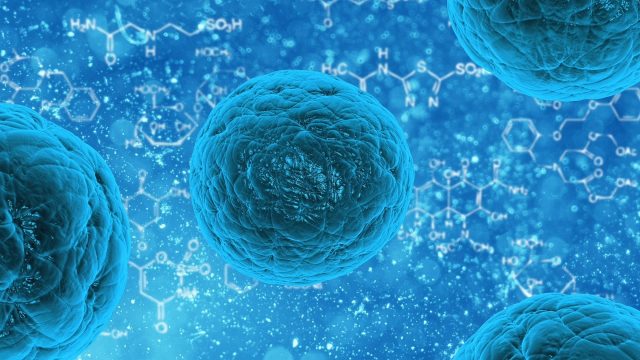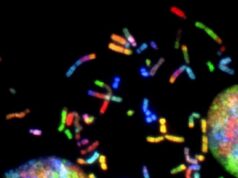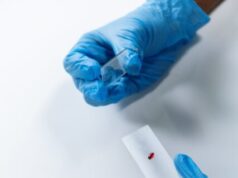New research by an international team of chemists describes a new type of artificial cell that can communicate with other cells within the body—with potential applications in the field of smart pharmaceuticals.
“In the future, artificial cells like this one could be engineered to synthesize and deliver specific therapeutic molecules tailored to distinct physiological conditions or illnesses—all while inside the body,” explained Sheref Mansy, a professor in the University of Alberta’s Faculty of Science who conducted the study in collaboration with researchers at the University of Trento in Italy.
The artificial cells work by detecting changes in their environment within the body. In response, the artificial cell creates and releases a protein signal that influences the behavior of other cells within the body.
“In this way, the changing needs of the host would be rapidly met in a manner that does not flood the entire organism with drug molecules,” said Mansy.
Mansy’s lab is the first to build artificial cells that can chemically communicate with and influence the behavior of natural living cells—first with bacteria, and now with cells found in multicellular organisms.
Find your dream job in the space industry. Check our Space Job Board »
“This work begins to bridge the divide between more theoretical ‘what is cellular life’ type of work and applicative, useful technologies,” noted Mansy.
The study, “Artificial Cells Drive Neural Differentiation,” was published in Science Advances.
Provided by: University of Alberta
More information: Ö. Duhan Toparlak et al. Artificial cells drive neural differentiation. Science Advances (2020). DOI: 10.1126/sciadv.abb4920
Image Credit: CC0 Public Domain











